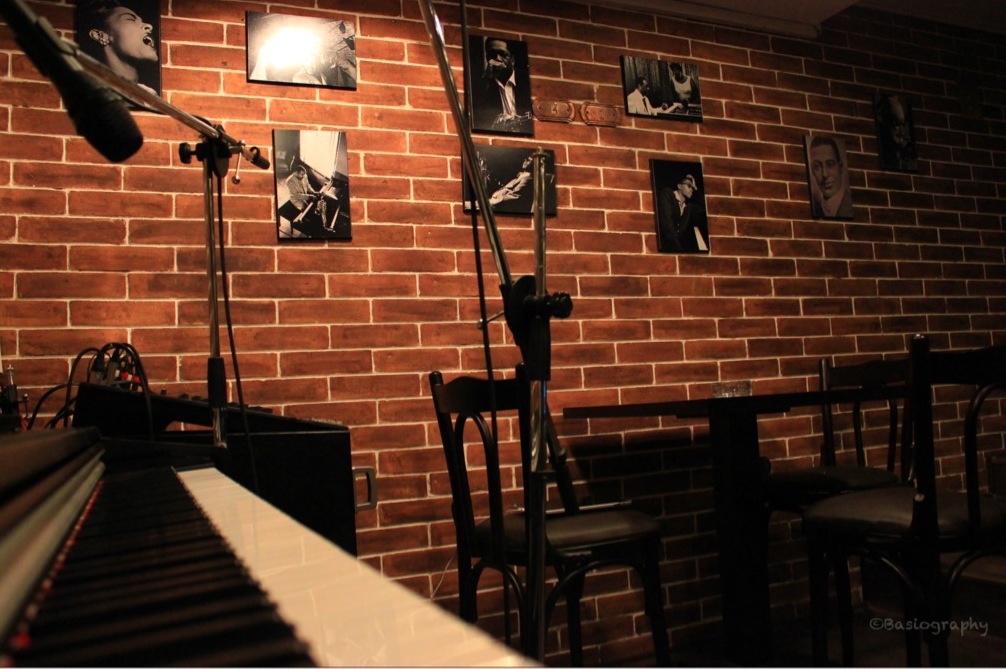Most young college students spend their time hanging out with their friends, playing Xbox, and wasting their time on temporary pleasures. However, a group of students from nine different universities across Egypt decided to use their time to be part of the change they want to see in the world. Those young people are members of the Alashanek Ya Balady Association for Sustainable Development.
In the association’s latest project, called Engage, the volunteer students came up with five different creative projects that focus on Egypt’s underprivileged areas. The decided upon projects are to be funded by the European Union.
The Alashanek Ya Balady Association for Sustainable Development (AYB) is a non-profit organisation seeking to create regional development models in order to overcome poverty and inhumane living circumstances. Through Engage, AYB provides young students with the workshops needed to establish their projects.

In a country with 27.8% of its population living under poverty line, according to the latest study conducted by CAPMAS, civil society projects are the main connecting lines that fill in the gap between the government’s failures in serving these people and the underprivileged’s basic needs. This is the main goal of Engage.
Each of the soon to be applied projects enhances the living circumstances of those who will be the target demographic, not only by providing them with stable financial income, but also because the projects target each area’s most pressing needs.
“This project has exceeded centralism,” said Raghda El-Ebrashi, AYB’s founder and chairperson. “These young students have the power to change the country’s social and economical situations. They are the only hope we have left in this country.”
“Strawberry roof planting” is one of the winning projects, which will take place in Ismailia. Through it, citizens will be taught how to build gardens on the roofs of their homes and plant strawberries, which are in high demand in Ismalia.
The “Pharmacy project”, which was brought to life by the pharmacy students of Cairo University, aims to open two pharmacies at governmental hospitals that open after 2pm. This comes to alleviate pressure on the only existing pharmacy at a governmental hospital, Abou El-Resh.
“Kleem project” is another winning idea that aims to provide the women of Ezbet El-Arab, one of the ashwa’yat (informal housing areas) in Alexandria, with a sustainable income by selling Kleem productions. The Alexandria-based centre will teach impoverished women to make Kleem handicrafts in order to turn the neighbourhood into a pioneering area in making the products.
“The innovation of these students is bigger than simply using their skills in ordinary charity work,” said El-Ebrashi. “These young people develop the country without asking for anything in return.”
The Engage project was founded by AYB in cooperation with UN Women and is being funded by the EU.
“The five chosen projects were judged upon the strength of their impact, their sustainability, as well as the effective role women would have in them,” said Rana Zaki, the project’s manager.
The projects all evolved around handcraft workshops and utilising space, such as building on rooftops.
Over the past year, 450 students received three workshops in civic engagement, interactive theatre, and video shooting. Each one provided them with the necessary skills to establish a successful project.
“The difference we observe in the participants following the training sessions is overwhelming,” Zaki added. “They have become new, better people.”



